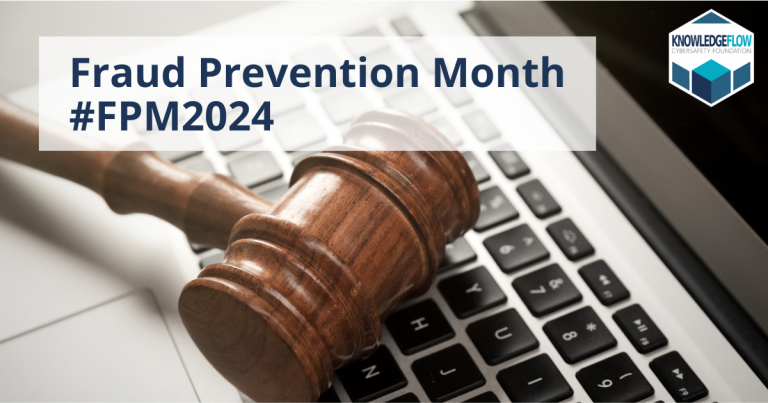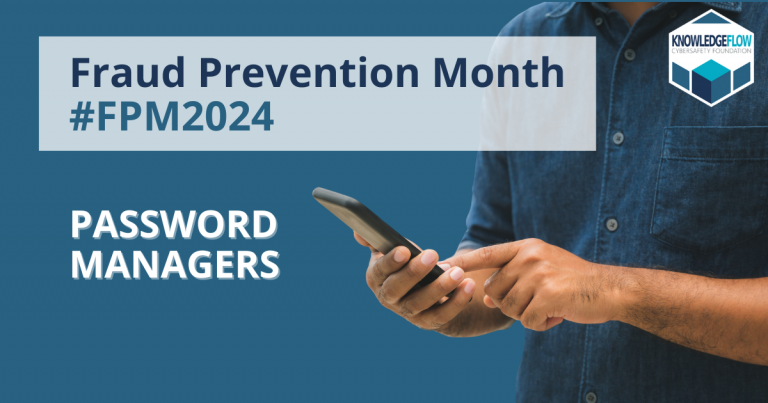The Grandparent Scam: 5 Defense Strategies for Seniors
The Grandparent Scam is making headlines again after police recently made 14 arrests and placed 56 charges including extortion, fraud, and impersonating a police officer.
The recent arrests and charges were a result of ‘Project Sharp’, a substantial police investigation first launched in September 2022 to tackle the emergency grandparent scam. The project was a collaborative effort among investigators from 11 different police services spanning across Ontario and Montreal (CTV News).
The impact of this criminal activity was substantial, with 126 victims collectively defrauded of $739,000. Of these victims, 15 individuals were re-victimized multiple times, resulting in losses totaling $243,000. Notably, the oldest victim was 95 years old.
How Does the Grandparent Scam Work?
The Grandparent Scam or the ‘Emergency Grandparent Scam’ has fraudsters targeting seniors via call, text, and email while impersonating a family member (usually a grandchild) and/or authority figures such as police officers, lawyers, or judges. The scammer fabricates an emergency such as being in legal trouble or having a medical emergency, and claims to urgently need financial assistance.
Some examples include:
- Being arrested and needing bail money
- Being in a car accident
- Being stranded overseas and needing money to return home
- Medical emergencies
Visit our Grandparent Scam resource page to learn more
Download and share our visual and tip sheet with your friends and loved ones. Use them to:
- Remind yourself and others the scam works
- Protect seniors in your community
- Encourage yourself and others to call 211 in Ontario for support.
Find them here. Spread the word! Speak to the seniors in your life so they are prepared if they receive an alarming call about their grandchild or family member.
How To Spot And Stop The Grandparent Scam
Scam Red Flags
Oftentimes the fraudsters will use some personal information such as first names or addresses that can easily be found online to make their impersonation seem legitimate. Their fabricated emergencies take advantage of the senior’s love for their family by creating fear and a sense of urgency to act quickly.
Why is The Grandparent Scam so largely unreported?
Police estimate that only 5-10% of these crimes are reported, suspecting that many victims may feel too embarrassed to come forward. Seniors targeted in this scam experience shattered trust and a loss in their sense of security in their twilight years which contributes to their reluctance to report such incidents. Scammers also attempt to keep victims from speaking to anyone by requesting secrecy while impersonating their grandchildren, and even threaten court ‘gag’ orders.
Despite these challenges, authorities urge those with similar experiences to come forward. The scam is estimated to be responsible for 9.2 million dollars in losses in 2022 (The Canadian Anti-Fraud Centre) and believed to have generated at least 2.2 million dollars during the ‘Project Sharp’ investigation, approximately half of which police have been able to recover so far. Law enforcement will never call, text, or email you to demand payment. And legitimate agencies and businesses will never request payment by gift cards, bitcoin, or e-transfer.
One grandmother shared her experience where she received a call demanding $8000 to bail out her supposed grandson, only to have the caller become agitated when asked for her grandson’s last name, prompting her to end the call. Asking questions to verify the caller’s identity may seem like a good idea, but scammers have done their research and may know more about you and your family than you suspect! The safest and most effective way to protect yourself from this scam is to simply hang up.
Remember:
- Do NOT trust your call display/caller ID on your landline or cellular phone. Scammers can impersonate any organization and can appear to be from the police, government, a hospital, etc. Visit our Caller ID Spoofing resource to learn more.
- Never give or verify information to the caller even if they know some personal details (name, number, address, bank info.) Scammers can easily find this information and use it to trick you into believing they are family.
- Don’t ask questions in order to verify the caller’s story or identity. Scammers will have done their research and may know much more about you and your family than you suspect.
- Never wire money in uncertain conditions. It is nearly impossible to recover or trace wired funds.
- Hang up! Scammers are relying on you acting quickly out of fear. Do your best to pause and remain calm.
If you think the call might be legitimate, contact family members using a verified number or contact method, contact a trusted friend to discuss, or call 211 (in Ontario) if you need assistance.







